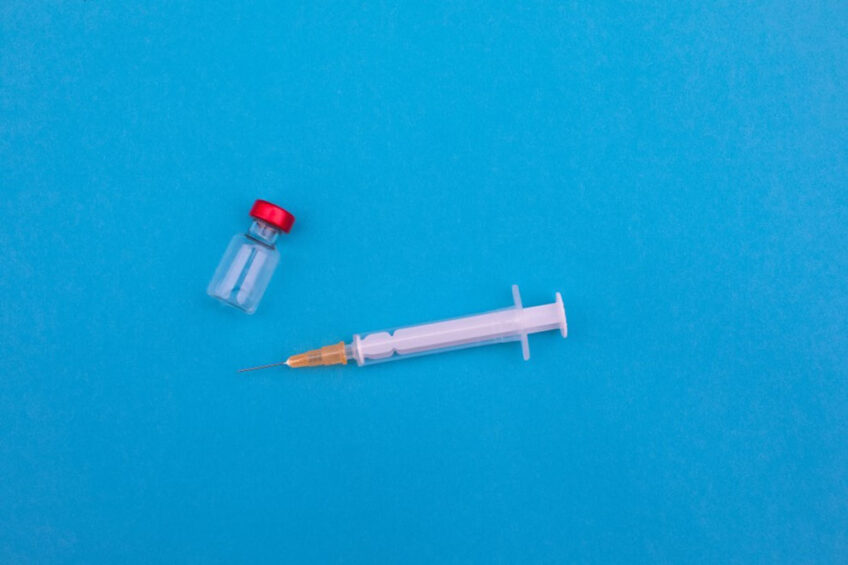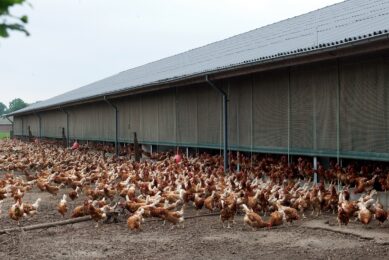Researchers develop tool to understand new IBD variants

Researchers at The Pirbright Institute have developed new tools and techniques to determine the breadth of immune responses provided by vaccines against different variants of infectious bursal disease virus (IBDV).
IBDV is a major threat to the productivity of the global commercial poultry industry, with the virus causing not only severe disease but also suppressing the immune response of birds, leading to susceptibility to other infections.
The main method of protecting poultry against disease is through vaccination. However, there are several variants of IBDV spreading in different parts of the world, highlighting the need to look at whether a vaccine against a single strain will produce an immune response against other virus variants and how may different variants a vaccine will protect against.
Reverse genetics
It can be difficult to obtain strains from different countries, but The Pirbright Institute researchers have developed a new ‘reverse genetics’ technique in the lab, engineering artificial IBDV strains that mimic IBDV variants found in the UK and Europe, Australia, China and Mexico.
Within the study, published in the Journal of Virology, the scientists also developed new tools to test a European vaccine and determine the breadth of immune responses it generated against strains from different countries and continents.
They found that the European vaccine produced strong responses against UK and European strains, but much weaker immune responses against some of the variants from other countries. If these variants entered UK flocks, there is a risk that vaccines currently in use in the UK would not be protective.
“…we hope to develop a vaccine in the future that protects against all the variants.”
The researchers are using the new tools and techniques developed in this study to identify the reason why the vaccine induced weaker immune responses against some of the variants.
Dr Vishi Reddy, senior postdoctoral scientist in the Viral Oncogenesis group, said: “We are aiming to identify the key virus mutations that are responsible for the difference in the immune response elicited by the vaccine. By identifying these key mutations, we hope to develop a vaccine in the future that protects against all the variants.”
* The work was supported with grant funding from the Biotechnology and Biological Sciences Research Council and the study can be found – Evaluating the Breadth of Neutralizing Antibody Responses Elicited by Infectious Bursal Disease Virus Genogroup A1 Strains Using a Novel Chicken B-Cell Rescue System and Neutralization Assay | Journal of Virology (asm.org)
Join 31,000+ subscribers
Subscribe to our newsletter to stay updated about all the need-to-know content in the poultry sector, three times a week. Beheer
Beheer











 WP Admin
WP Admin  Bewerk bericht
Bewerk bericht